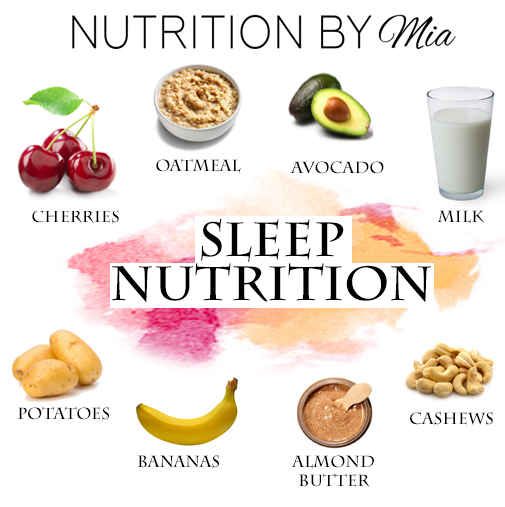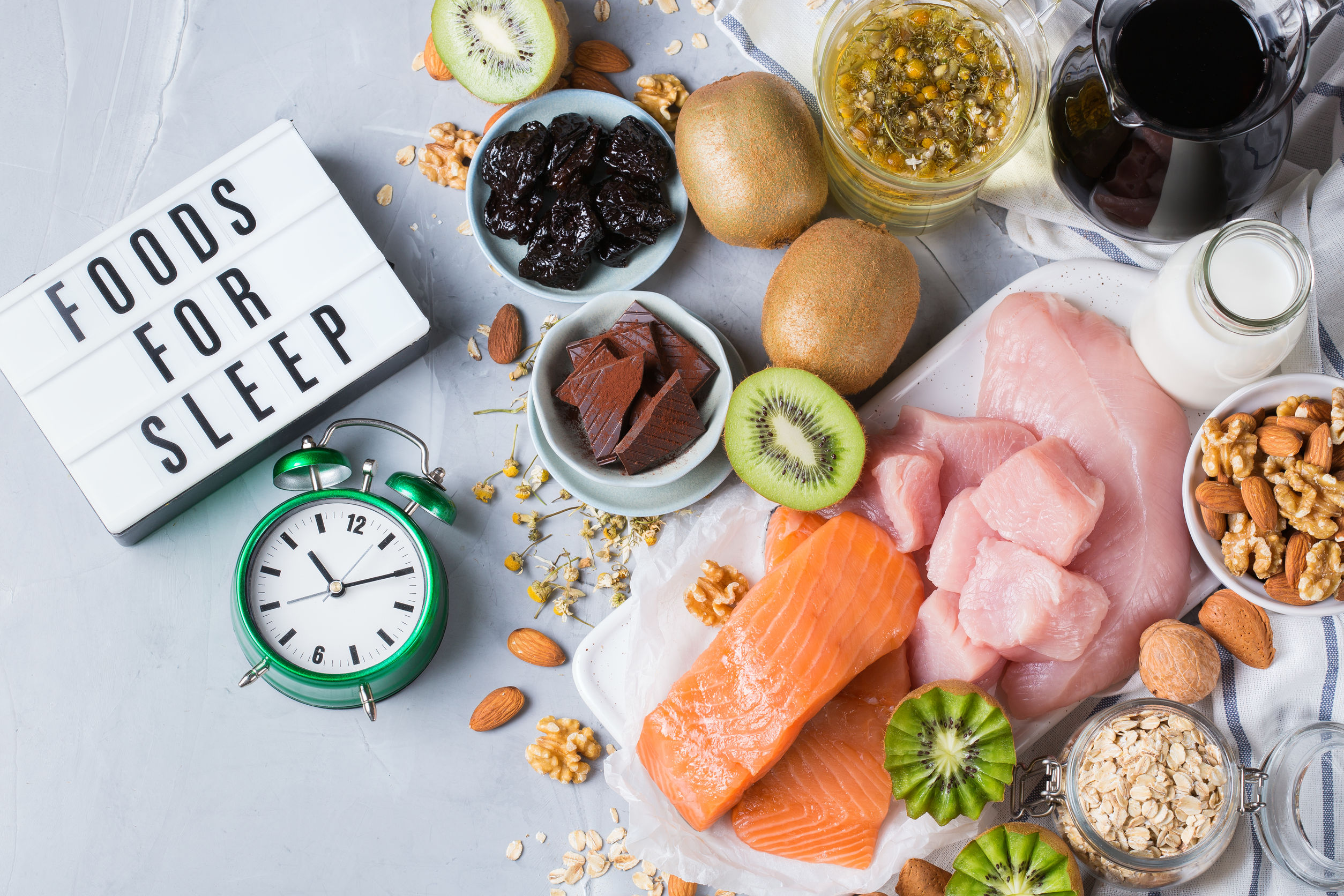 Source: bing.com
Source: bing.comSleep is an important factor in maintaining good health. It is during sleep that the body repairs itself and prepares for the next day. Nutrition, on the other hand, is the fuel that our body needs to function properly. The relationship between sleep and nutrition is a complex one. In this article, we will explore how these two factors affect each other.
The Importance of Sleep
 Source: bing.com
Source: bing.comSleep is necessary for the body to rejuvenate and repair itself. When we sleep, our body goes into a state of rest where it can heal and recover from the day’s activities. Lack of sleep can cause a number of health problems such as obesity, diabetes, and heart disease. Therefore, it is important to get enough sleep every day.
The Relationship Between Sleep and Nutrition
 Source: bing.com
Source: bing.comThe relationship between sleep and nutrition is a complex one. The food we eat can affect our sleep quality and duration. For example, consuming caffeine or alcohol before bedtime can disrupt our sleep patterns. A diet that is rich in fruits, vegetables, whole grains, lean proteins, and healthy fats can help improve sleep quality. These foods contain nutrients that promote relaxation and sleep. On the other hand, a diet that is high in sugar, saturated fats, and processed foods can negatively affect our sleep.
The Role of Nutrients in Sleep
 Source: bing.com
Source: bing.comThere are certain nutrients that can help improve sleep quality. For example, tryptophan is an amino acid that is found in foods such as turkey, chicken, and eggs. Tryptophan is a precursor to serotonin, a neurotransmitter that helps regulate sleep. Magnesium is another nutrient that can improve sleep quality. Magnesium can be found in foods like spinach, almonds, and avocados. It can help relax our muscles and calm our nerves, which can lead to better sleep.
The Importance of Meal Timing
 Source: bing.com
Source: bing.comMeal timing is also important when it comes to sleep. Eating a large meal too close to bedtime can cause discomfort and disrupt our sleep. On the other hand, skipping meals or eating too little can also negatively affect our sleep. It is best to eat a balanced meal at least 2-3 hours before bedtime to ensure a good night’s sleep.
The Importance of Hydration
 Source: bing.com
Source: bing.comDehydration can also negatively affect our sleep. When we are dehydrated, our body has to work harder to perform its functions. This can lead to restlessness and disrupted sleep. It is important to drink enough water throughout the day to prevent dehydration and ensure a good night’s sleep.
The Effects of Sleep on Nutrition
 Source: bing.com
Source: bing.comJust as nutrition can affect our sleep, sleep can also affect our nutrition. Lack of sleep can lead to poor food choices and overeating. When we are sleep deprived, our body produces more of the hormone ghrelin, which stimulates hunger. This can lead to cravings for sugary and fatty foods. Additionally, lack of sleep can disrupt our body’s ability to regulate insulin, which can lead to weight gain and other health problems.
The Importance of a Healthy Lifestyle
 Source: bing.com
Source: bing.comOverall, it is important to maintain a healthy lifestyle that includes good nutrition and adequate sleep. Eating a balanced diet that is rich in nutrients and staying hydrated can help improve sleep quality. Getting enough sleep and establishing a consistent sleep schedule can also help improve our nutrition and overall health.
Conclusion
Sleep and nutrition are two important factors that affect each other. Getting enough sleep and eating a balanced diet are both essential for maintaining good health. By paying attention to our sleep habits and nutrition, we can improve our overall well-being and lead a healthy lifestyle.